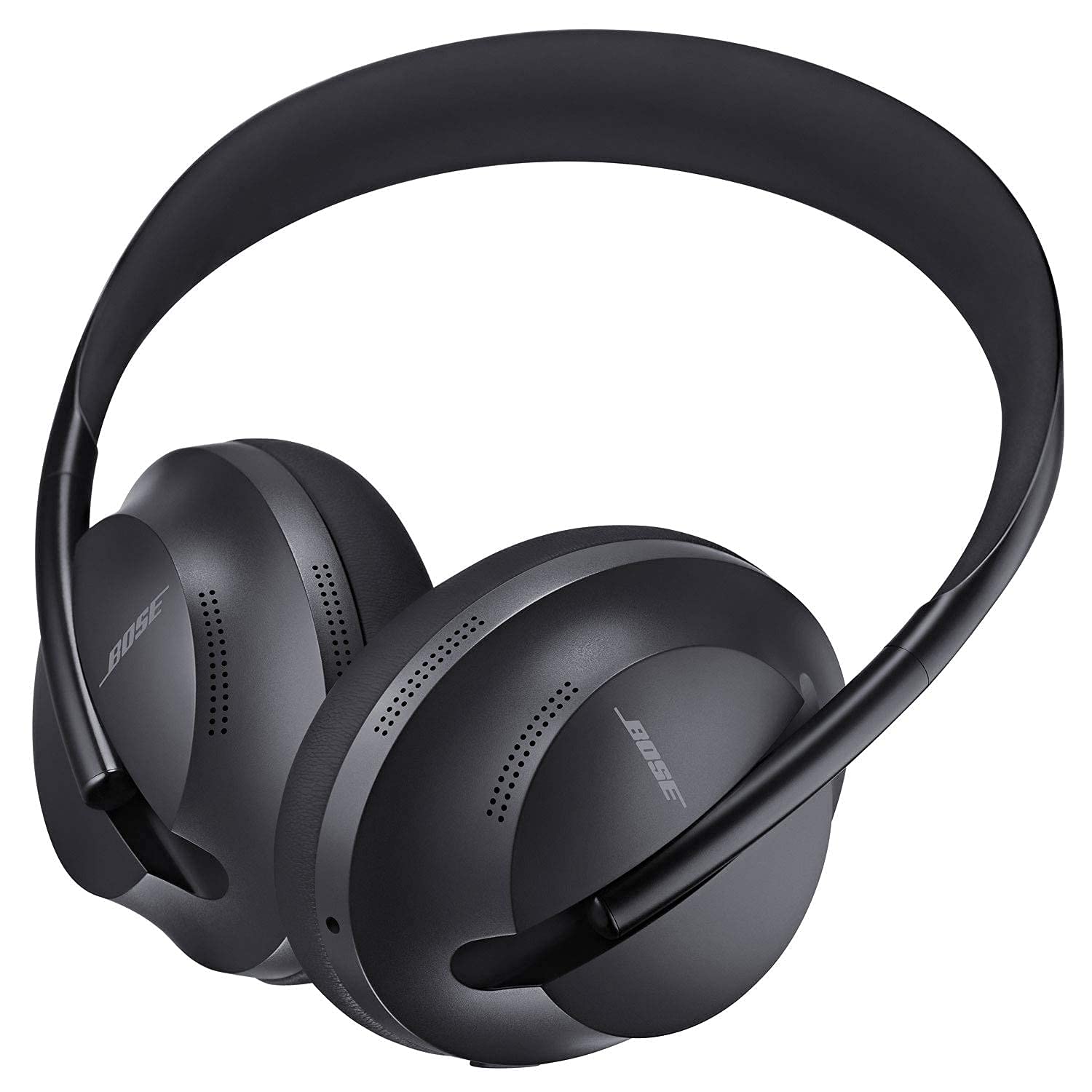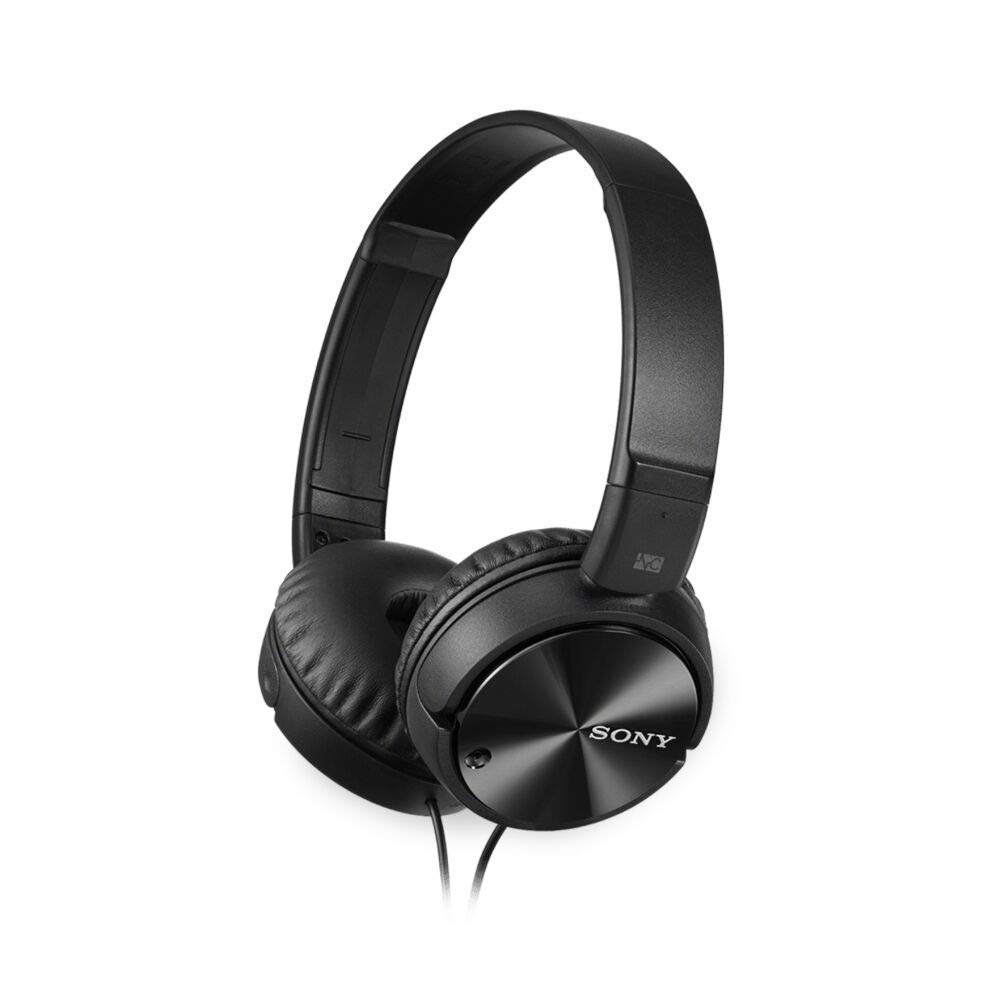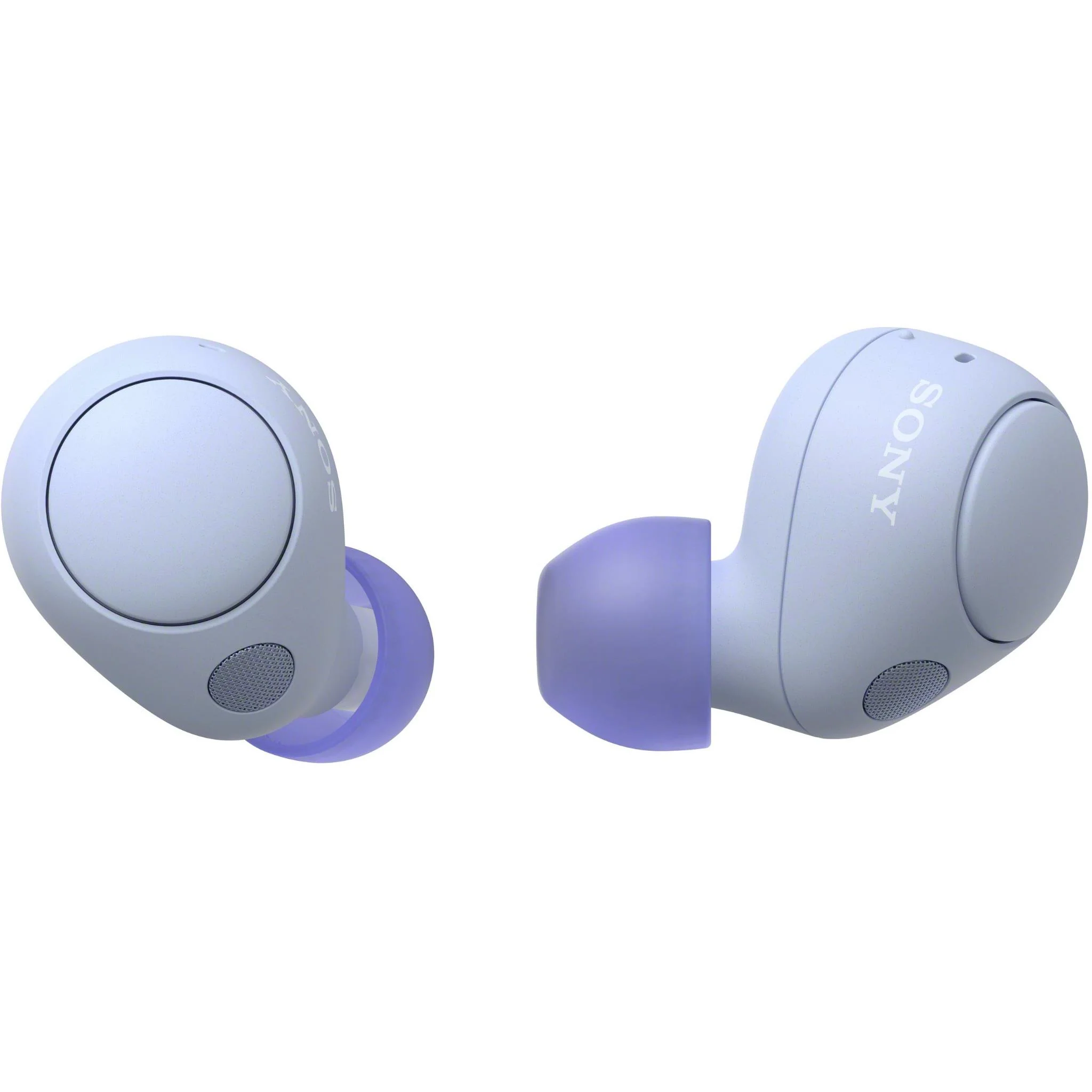The Best Headphones for Highly Sensitive & Neurodivergent People
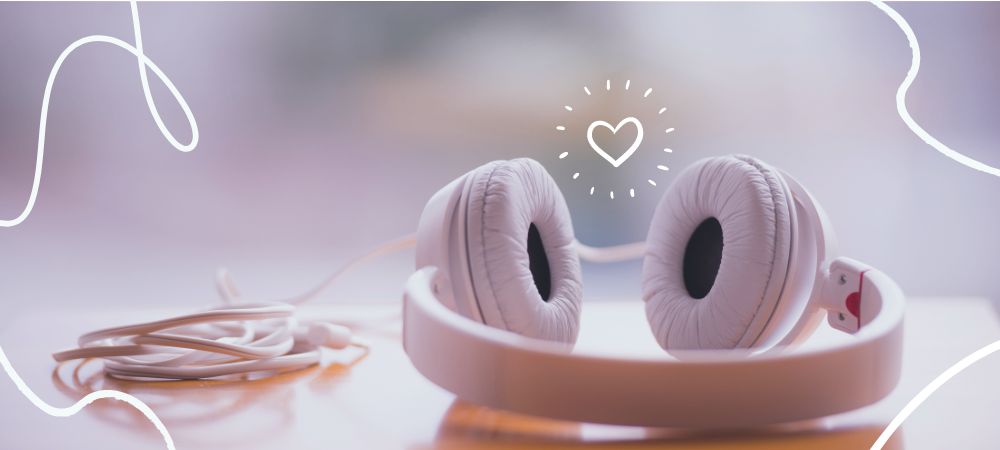
Being neurodivergent with sensory sensitivities can be overwhelming.

The challenge of being a highly sensitive neurodivergent
It’s hard to describe to other people how much you feel everything.
Pleasure, pain, sound, smell, emotions, temperature, texture and fatigue are all experienced acutely.
Often to the point where you can no longer compartmentalise and you become flooded and overstimulated.
Noisy commutes. Crowded environments with cluttered sound. Overlapping conversations. These can be some of the most draining stimuli of all.
And with so much noise in the world, managing your sensory input is a full time job.
That’s why active noise-cancelling headphones are one of the best self-care tools a neurodivergent person can have.
How noise cancelling headphones work
Headphones that cover the ears can help block a lot of sound. But active noise cancelling headphones block external sound completely.
This is because a small battery powers a very subtle low hum, that cancels out background noise.
Here’s how.
All sound travels in waves. Including noise. And noise-cancellation is based on the principle of wave phase cancellation.
Waves that are 180 degrees out of phase, or inverted from one another cancel out when added together.
It’s like adding 1 to -1 and ending up with zero.
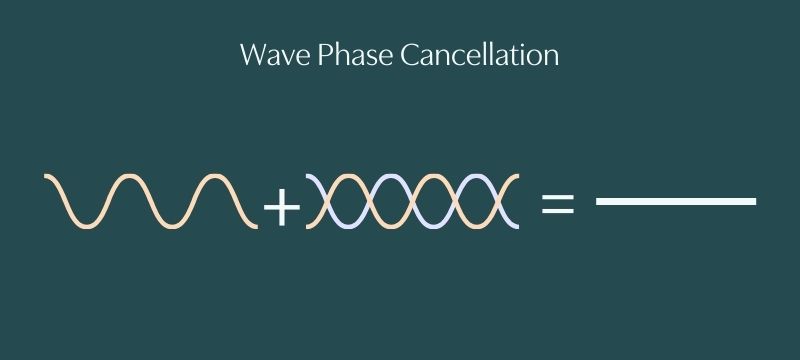
Inside noise-cancelling headphones are a small microphone, a processor and a speaker.
The microphone hears the background noise, the processor inverts the noise signal to create “anti-noise”, and then adds it to your headphones’ speaker.
By the time this sound reaches your ear? The background noise is reduced to almost silence. And all you hear is music.
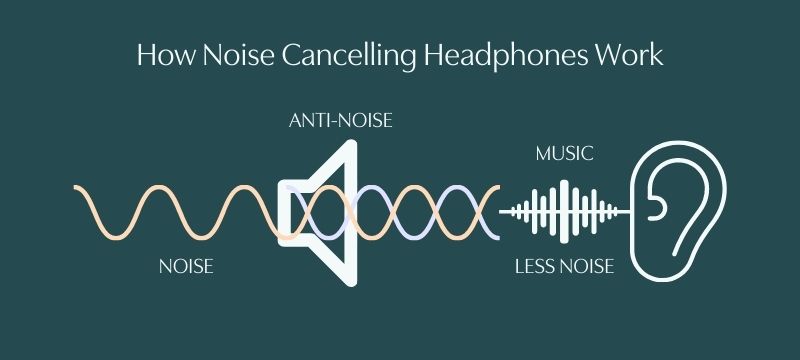
You don’t really hear the hum of the “anti-noise” sound wave created by the headphones. You simply notice that the outside world is much, much quieter.
Are Highly Sensitive People neurodivergent?

Yes. The word ‘neurodivergent’ was coined by Kassiane Asasumasu as a radically inclusive term. It is a political and social justice term.
Which means that if you identify as neurodivergent, you are.
The neurodiversity movement believes that it is natural for people’s brains to work differently.
And Highly Sensitive People diverge from “typical” sensory processing.
Acknowleding differences doesn’t mean that there aren’t challenges associated with neurodivergence.
However, neurodiversity offers a new way of looking at the world.
Rather than declaring one type of brain as “healthy and normal”. Or believing that difference is “disordered and dysfunctional”.
Neurodiversity offers a way to accommodate people’s needs without trying to automatically fix, change or cure them.
In fact, we believe that Highly Sensitive People are proof that the world can accept a divergent brain without pathology.
4 reasons why noise-cancelling headphones are best
1. Block out triggering sounds
Noise-cancelling headphones help you block out all the loud, overwhelming, distracting, conflicting sounds of an urban environment. Which means you have less noise to process.
Less processing means your nervous system won’t become overwhelmed as quickly as it would without headphones.
You’ll arrive at your destination more energised, and arrive home less drained.
2. Travel with ease
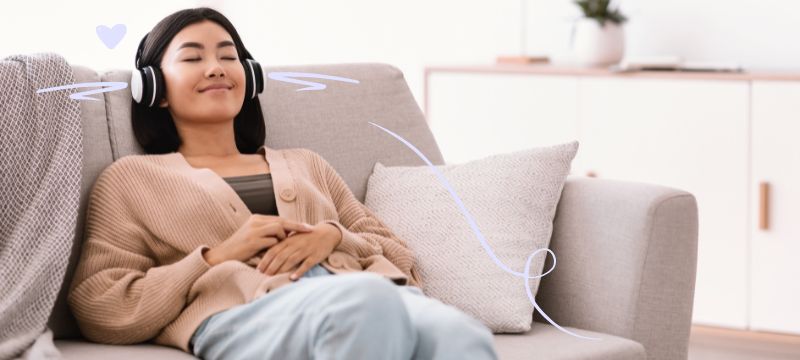
Noise-cancelling headphones are particularly good for people with sound sensitivity because they block out annoying drones like plane engines.
When you’re travelling for a long time, especially on long haul flights, a pair of noise-cancelling headphones will be a life saver.
You’ll be processing less background noise, and letting your brain and nervous system get a well needed rest.
They can also help you calm travel anxiety by listening to your favourite music.
3. Experience the meditones effect
Meditones® help you produce calm brain waves effortlessly. However you can only experience them when you hear them with headphones.
If you listen to them in speakers, you can move your head around and cancel out the therapeutic effect.
When two frequencies of sound are combined they make a humming vibration. And when you listen to this vibration with a pair of headphones?
The left and right hemispheres of the brain work in unison to create calm brain waves. Similar to ones you produce during relaxation and sleep.
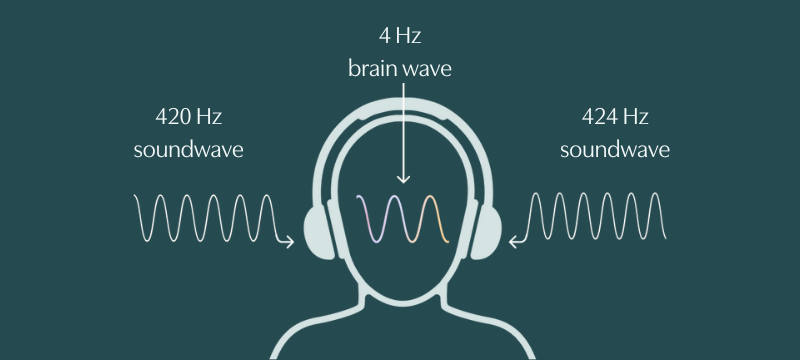
This fascinating auditory perception is called binaural beats and their results are completely backed by science.
And we mix binaural beats with beautiful ambient music, to create meditones. Which makes them an amazing tool for quickly calming down.
Because they make you calm without you having to do a thing. Just listen with headphones, and the meditones effect occurs naturally and easily.
Meditones are easier than meditation for neurodivergent people because:
- There’s no need to focus or practice
- You don’t need to do anything for it to work
- They work every time
Access a growing library of meditones with the Restful app. Download for free on Google Play or the App Store today!
4. Focus & concentrate more easily
By not being distracted by all the sounds around you, you’ll be able to concentrate better with any task you’re doing.
Brown noise is a particularly good sound for to help you focus. (There’s a brown noise track inside Restful called Deep Space!)
Or alternatively, you can relax into a quiet, contemplative atmosphere and drown out any conflicting conversations or irritating noises.
Instead of having to crank the volume on your device (which damages your ears), you can soften into the cocoon of your own enjoyment.
Ready to invest in your own noise-cancelling headphones?
Tips for buying headphones
- Do your research. There are a lot of brands who create active noise-cancelling headphones. Check which brands are in your budget. Read reviews and decide which features are the most important to you.
- Try before you buy. Bring your audio device (phone, iPod, iPad) to the store and try several headphones using your own music. Brands will often have testing stations that play their own sound. However, you’ll get a much better idea of how the headphones sound if you use music you listen to often.
- They aren’t a magic pill. Noise-cancelling headphones are a real lifesaver in a lot of situations. However, even the best headphones aren’t a substitute for restful self-care; having good boundaries; and learning to become a calmer person.
Our favourite noise-cancelling headphones
Bose 700 Wireless Noise-Cancelling Headphones
Definitely one of the most expensive brand on the market, but Bose absolutely deliver! We personally use these headphones at Restful HQ. They're comfortable, have a range of noise-cancelling settings, and easily connect to your devices via Bluetooth. Plus, the sound quality is simply outstanding, making them a top choice for any sensitive listener.Sony MDRZX110NC Noise-Cancelling Headphones
A fantastic budget option if you're looking for more affordable noise-cancelling headphones. Unfortunately, they aren't wireless but word on the street is that they're lightweight and comfortable with good sound quality.Sony WF-C700N Wireless Noise-Cancelling Earbuds
Prefer earbuds to over-the-ear headphones? Sony have a range of colourful noise-cancelling earbuds. With a long battery life and impressive sound quality and noise reduction, these portable earbuds pack a punch!Restful is made by and for neurodivergents. Download for free on Google Play or the App Store today!
